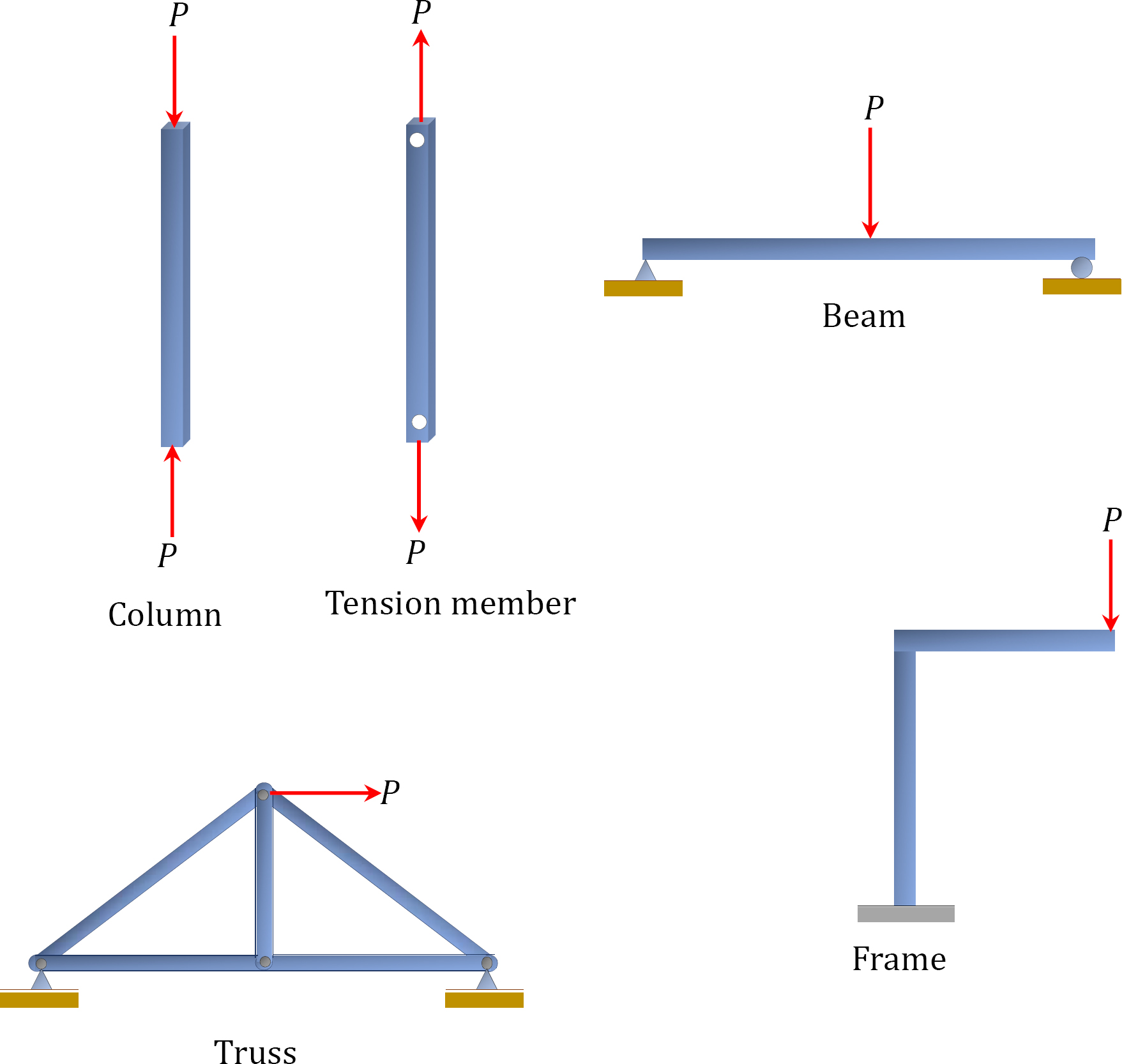Planning a home renovation can be both exciting and overwhelming. Finding the right contractor is crucial for a successful project, on time and within budget. This guide helps you navigate the process of selecting and working with home renovation contractors.
Understanding Your Needs
Before you even start searching for contractors, take time to clearly define your renovation goals. What aspects of your home need updating? What’s your budget? Having a well-defined scope helps you communicate effectively with potential contractors and avoids costly misunderstandings down the line. Consider creating a detailed list of your requirements and desired outcomes. 
Finding Qualified Contractors
Start your search by asking for recommendations from friends, family, and neighbors who have recently completed renovations. Online resources such as home improvement websites and local business directories can also be helpful. Check online reviews and ratings, but always remember to take them with a grain of salt; reviewing multiple sources is key.
The Interview Process
Once you’ve compiled a shortlist of potential contractors, schedule in-person interviews. Ask about their experience with similar projects, their licensing and insurance, and their process for managing renovations. Don’t hesitate to ask for references and contact past clients to inquire about their experiences. This step is vital to ensure you are working with a reputable and skilled professional. [IMAGE_2_HERE]
Contracts and Agreements
A comprehensive and clearly written contract is paramount. It should detail the scope of work, payment schedule, timeline, and any warranties offered. Make sure you thoroughly understand all terms and conditions before signing anything. Reviewing the contract with a legal professional is highly recommended for complex projects. Never feel pressured to sign without fully comprehending everything.
Managing the Renovation Process
Regular communication with your contractor is crucial throughout the project. Schedule regular site visits to monitor progress and address any concerns promptly. Be prepared for unexpected issues that might arise and discuss potential solutions with your contractor proactively. [IMAGE_3_HERE]
Budget and Payment
Establish a realistic budget and stick to it as much as possible. Be wary of contractors who significantly undercut their competitors, as it might indicate a lack of quality or hidden costs. Never pay the full amount upfront; adhere to the payment schedule outlined in the contract. Seek financial advice if you need help structuring your payments.
Choosing the Right Materials
Selecting high-quality materials is essential for the longevity and aesthetics of your renovation. Work closely with your contractor to choose materials that are durable, sustainable, and fit your style and budget. Discuss the pros and cons of different materials and factor in their long-term maintenance requirements. [IMAGE_4_HERE]
Post-Renovation
Once the renovation is complete, take the time to inspect the work thoroughly. Ensure everything meets the agreed-upon specifications and that you’re satisfied with the outcome. Addressing any outstanding issues immediately is crucial. Remember to leave an honest review – it helps other homeowners make informed decisions.
Finding the right home renovation contractor can make all the difference in transforming your house into a dream home. By following these tips and taking your time, you can ensure a smooth and successful renovation experience. Remember, preparation is key!
Frequently Asked Questions
What should I look for in a contractor’s license? Verify that the license is valid and up-to-date with the relevant authorities.
How much should I pay upfront? Typically, a small percentage upfront (10-20%) is acceptable, with the rest paid in installments as work progresses.
What happens if there are unforeseen issues? A good contractor will have a plan in place for addressing unexpected issues, and should be transparent in their communication.
How long does a home renovation typically take? This varies drastically based on the scope and scale of the project. A detailed timeline should be outlined in your contract.
What if I’m unhappy with the finished product? Thoroughly review the contract and clarify your options for addressing dissatisfaction. You may need to contact a dispute resolution service if communication fails.

